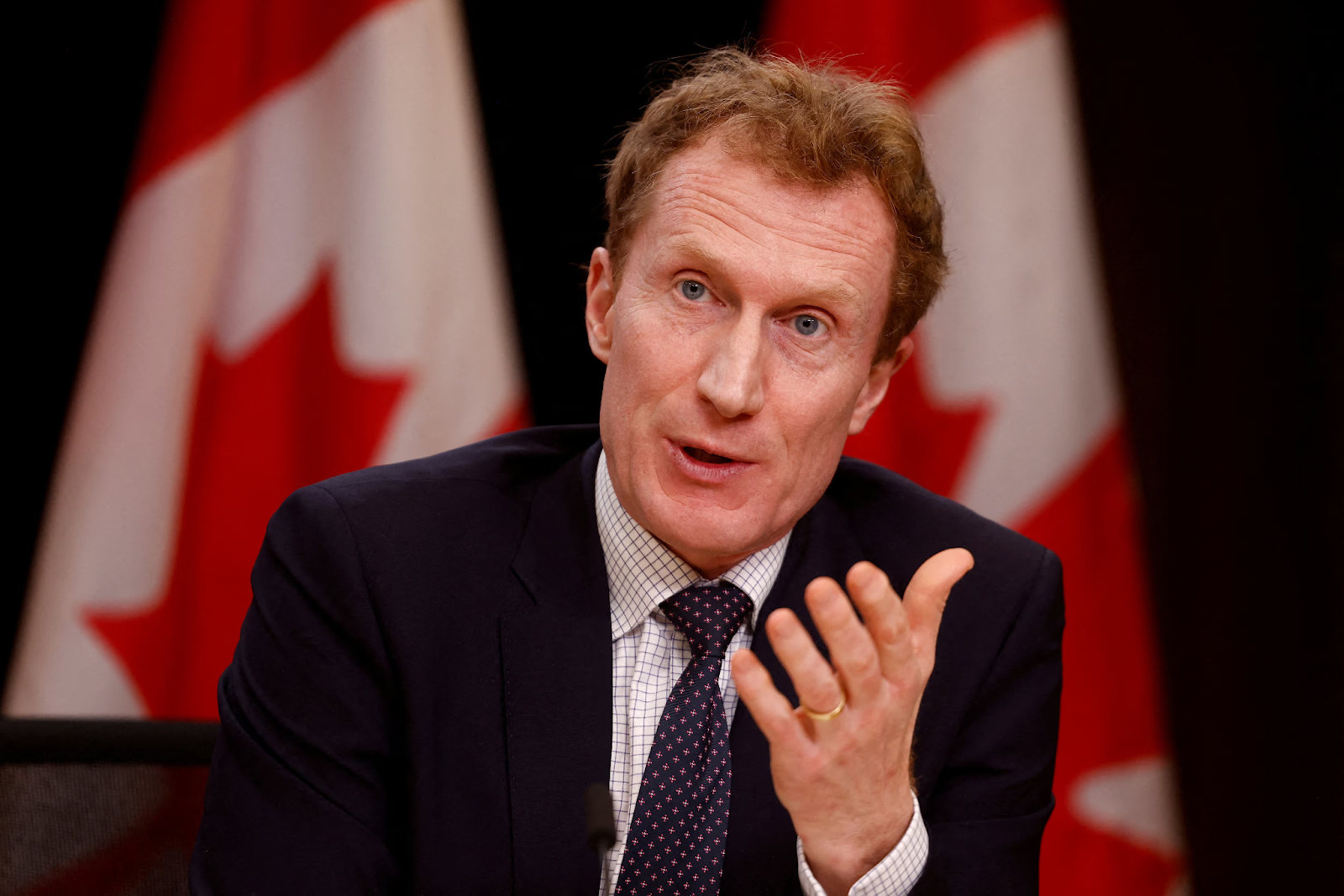

Canada's immigration system is set for significant changes, as Immigration Minister Marc Miller outlines plans to tackle rising asylum claims, processing delays, and issues with temporary worker permits. The reforms, expected in the coming weeks, reflect the government’s push to streamline the system and address concerns over inefficiencies and abuses within the asylum and immigration processes.
Canada’s immigration system has been struggling with long delays, particularly in asylum claims. The average processing time for these claims currently stands at a staggering 44 months. As of September 2024, nearly 250,000 refugee claims are still awaiting decisions. This backlog highlights the system’s inability to handle the increasing number of claims, with only 48,000 processed so far this year. Minister Miller emphasized the urgent need for reform to resolve this issue.
In addition to delays, there has been a rise in inland asylum claims, with individuals applying after being in Canada for at least two weeks. Despite processing only 635 of these claims in 2024, Miller explained that many are based on false advice or limited options for legal residency, leading to unnecessary applications.
The situation is further complicated by the growing number of international students filing asylum claims, despite the slim chance of approval. Miller strongly criticized this trend, stating that temporary residency should not be seen as a pathway to permanent status or citizenship.
Minister Miller’s new proposals aim to address these systemic issues and streamline the immigration process. One of the key reforms focuses on overhauling the asylum system to reduce delays and ensure that only legitimate asylum seekers are granted refuge. “The system is not working the way it should,” Miller stated, acknowledging that both volume and efficiency are contributing to the current chaos.
Another key aspect of the reforms targets the abuse of the Labour Market Impact Assessment (LMIA) system, which has become a pathway for fraud. LMIA approvals currently offer a 50-point bonus toward permanent residency applications, incentivizing corruption. Miller proposed reducing or eliminating the LMIA bonus to curb this problem and prevent immigrants from being exploited by unscrupulous employers and consultants.
Miller also addressed the false promises often made to temporary residents, particularly international students and workers, regarding their chances of becoming permanent residents. He called for clearer messaging about the temporary nature of these programs, emphasizing that applicants should not be misled into believing they have an automatic path to citizenship.
The government's proposals have sparked protests, particularly from migrant rights groups. The Migrant Workers Alliance for Change led demonstrations with signs reading, “Don’t deport us! Rights, not cuts!” Protesters voiced their concerns about potential deportations and what they saw as unfair treatment of migrants. Minister Miller faced heated criticism during his testimony before the House of Commons immigration committee, with demonstrators accusing him of undermining the rights of immigrants and workers.
Opposition parties have been quick to criticize the government's approach. NDP immigration critic Jenny Kwan accused the government of scapegoating migrants for broader issues, such as Canada’s housing crisis. She questioned whether the reforms would unfairly target temporary residents and international students. In response, Miller acknowledged the need for compassion but argued that permanent residency and citizenship must retain their value. “Not everyone can stay here,” he stated, reinforcing the idea that temporary status should not be viewed as a path to permanent residence.
The LMIA system has faced growing criticism due to its vulnerability to exploitation. Fraudulent practices, such as immigrants paying large sums to secure LMIA approvals, have tarnished the program’s reputation. While Miller’s proposed changes could reduce these abuses, they could also affect Canada’s labor market, which relies heavily on temporary foreign workers, especially in sectors facing labor shortages.
Minister Miller has hinted at additional reforms aimed at improving the efficiency of the immigration system. These may include increasing resources for immigration tribunals, speeding up asylum decisions, and enhancing case management. He also stressed the need to combat immigration scams, particularly those that exploit vulnerable individuals seeking a better life in Canada.
As Canada navigates this pivotal moment in immigration policy, the government faces the difficult task of balancing fairness and efficiency. The upcoming reforms will be closely scrutinized by various stakeholders, each with their own vision of how Canada should handle its immigration challenges.
Having an 'Identity Verified' badge or being 'Identity Verified' simply indicates that an individual has submitted information to complete our identity verification process or we have conducted internal verification using various authorized websites. While this process includes safeguards, it does not guarantee that the person is who they claim to be.
If you encounter any issues with this profile, please report them here. While all consultants who are verified have RCIC ID, we may not have the latest data in terms of their renewal/cancellation/discontinuation of their RCIC ID.
The "Verified Consultants" profiles are created using publicly available information, including data from the IRCC website, official consultant sites, other listing platforms, and social media. Immiperts.com is an independent platform, not affiliated with IRCC or any registered immigration consultants. To update, claim, or remove your profile, please contact us at [email protected].
╳